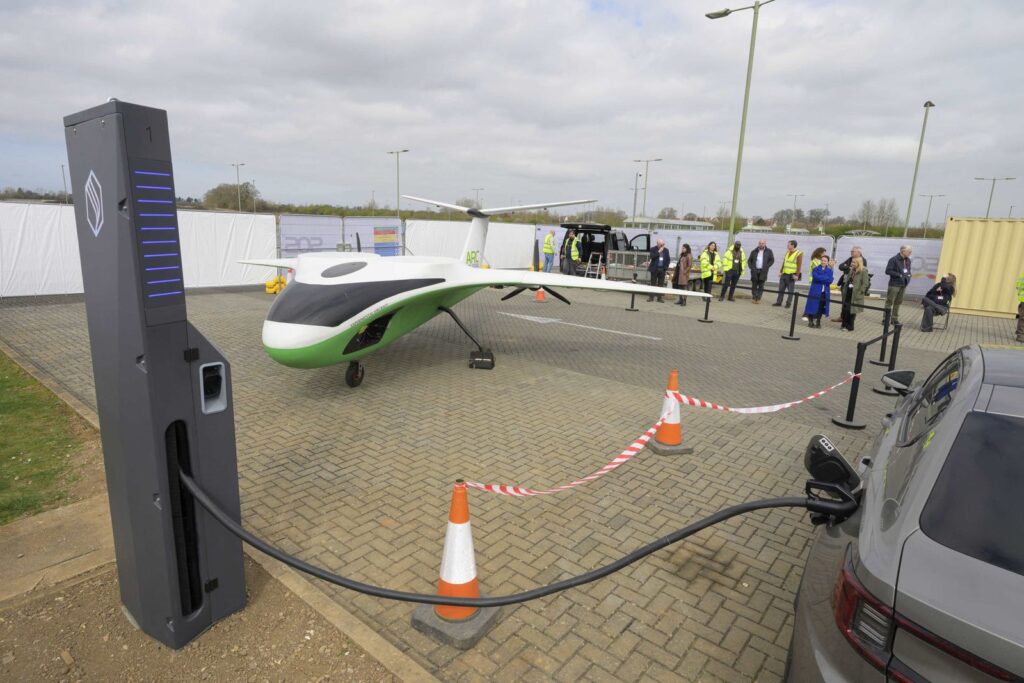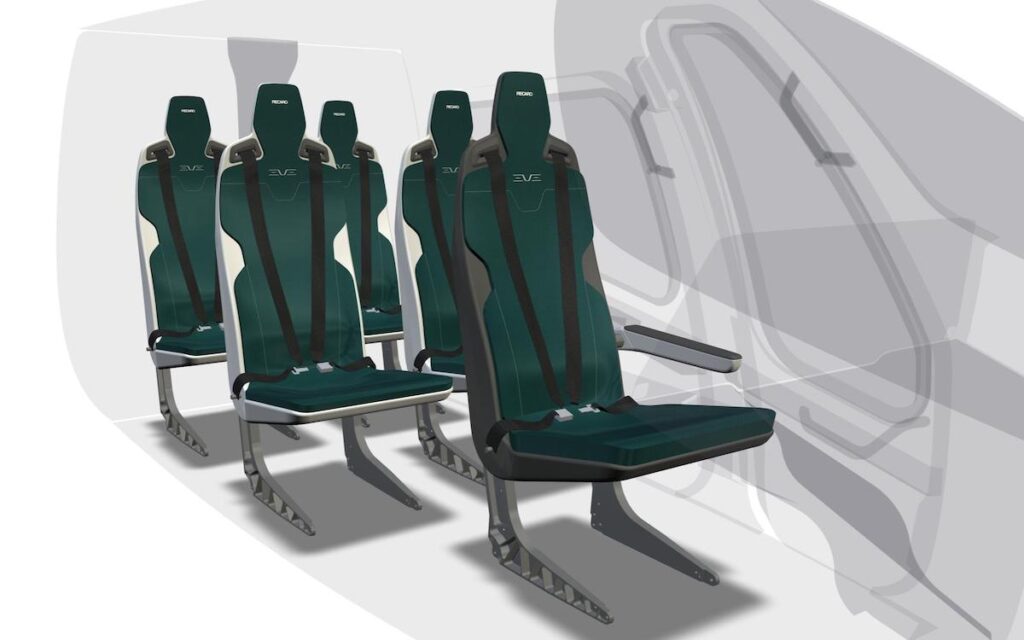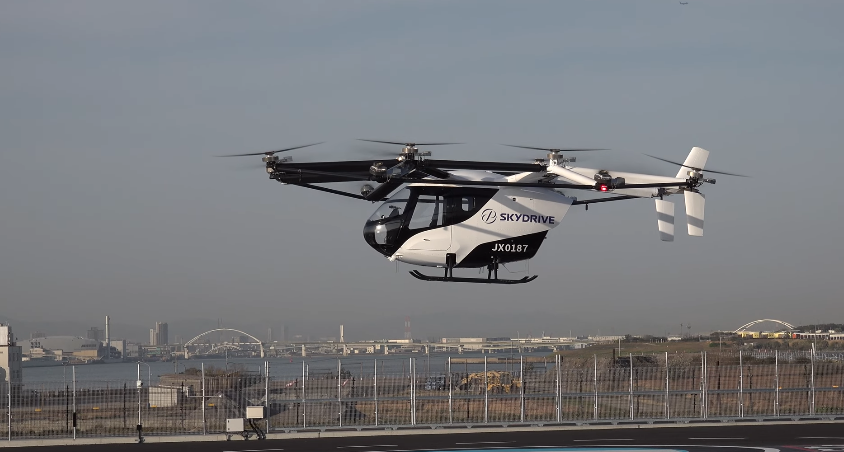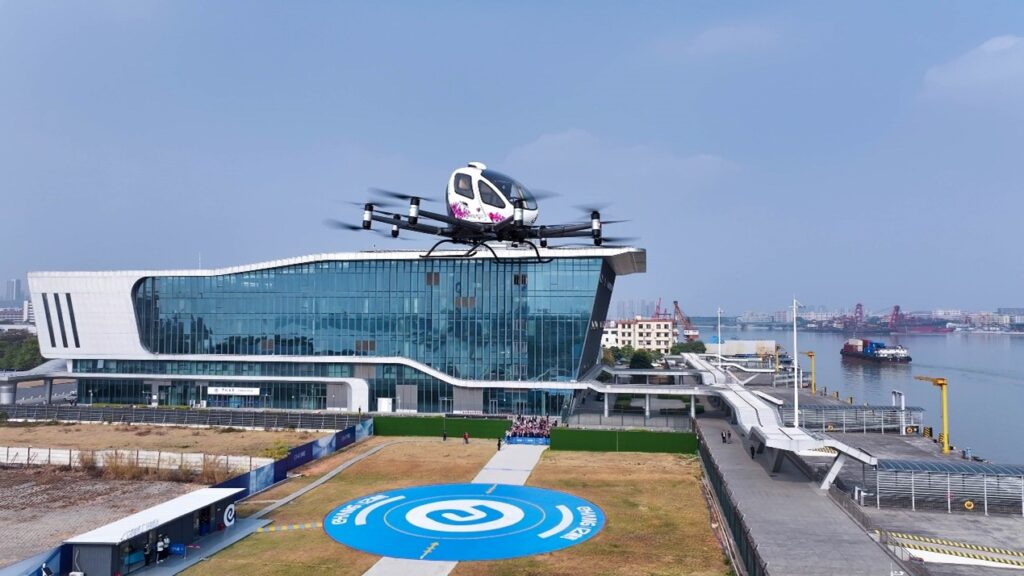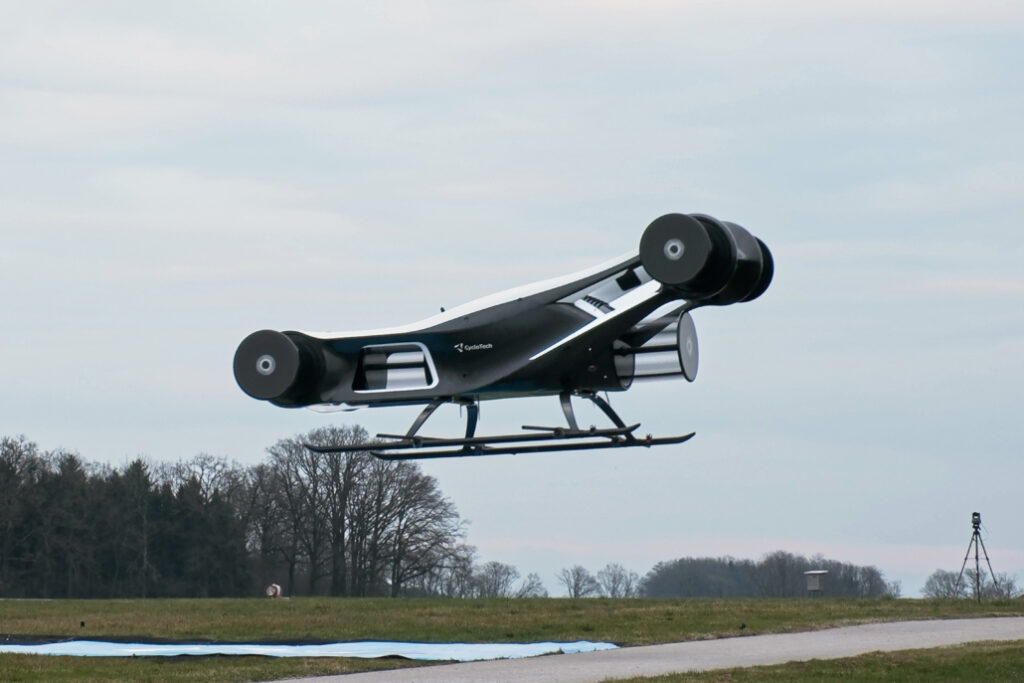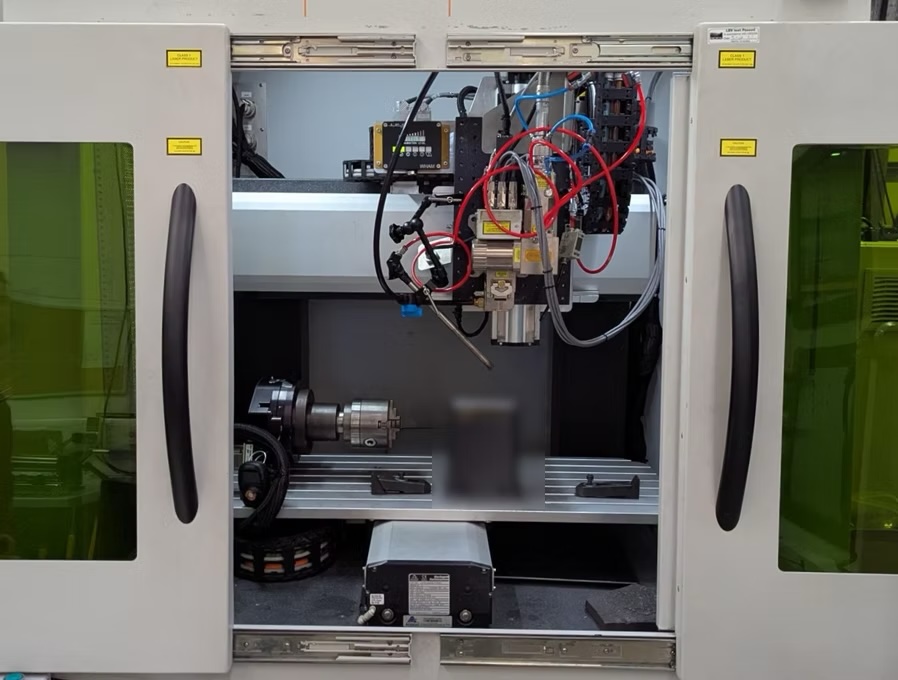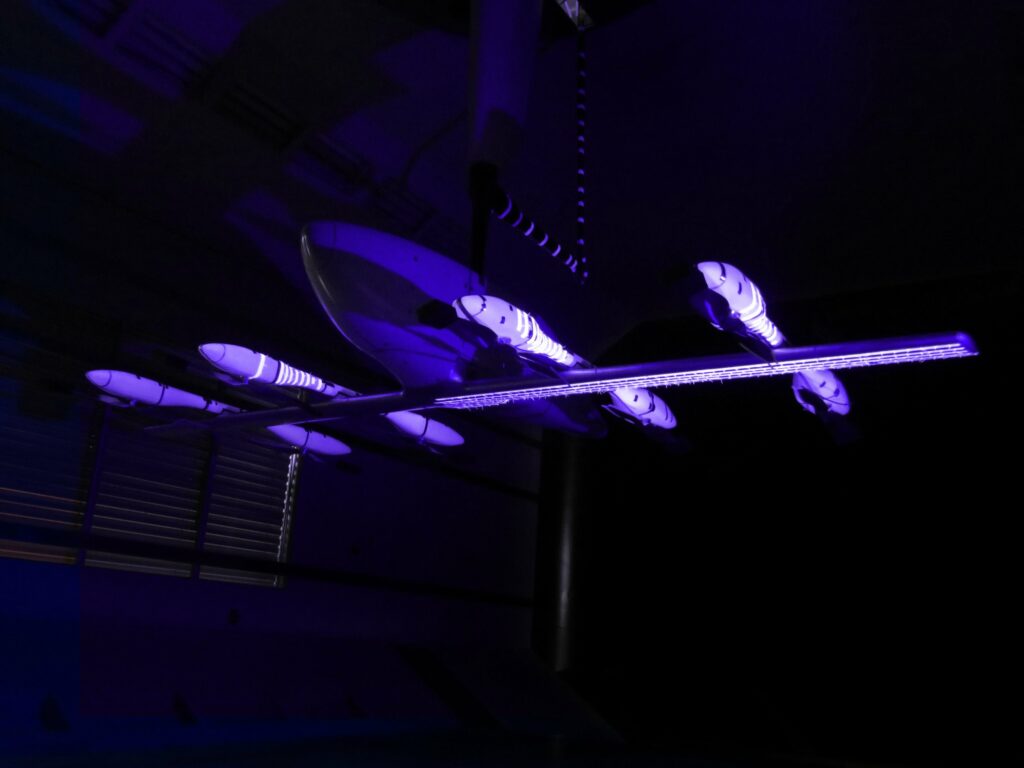
Eve Air Mobility has finished wind tunnel testing of its electric vertical take-off and landing (eVTOL) vehicle at a facility in Switzerland.
The testing, conducted at a wind tunnel near Lucerne, utilized a scale model of Eve’s eVTOL which is projected to enter service in 2026.
An important engineering tool used in the development of an aircraft, the wind testing allows engineers to monitor the flow of air over and around the vehicle and each of its individual parts. It is also used to measure the aerodynamic forces and moments acting on the vehicle, allowing the team to evaluate the vehicle’s lift, efficiency, flying qualities and performance.
According to Eve, the main objective of the test was to investigate and validate how components including fuselage, rotors, wing, tail and other surfaces would perform in flight. Wind tunnel testing provides a unique view of aerodynamic behavior of complex geometry and a higher level of validation of design characteristics.
The tests are part of an effort to acquire experimental data to validate production solutions, development tools and models which also includes other test articles such as fixed and moving rigs, flying vehicles and other wind tunnel tests.
“The completion of wind tunnel testing is an important engineering milestone as we continue the development of our eVTOL,” said Luiz Valentini, Eve Air Mobility Chief Technology Officer. “The information we obtained during this phase of development has helped us further refine the technical solutions of our eVTOL before committing to production tooling and conforming prototypes. Our goal is to design, produce and certify an aerodynamic and efficient eVTOL that will be used for a variety of urban air mobility missions.”
Eve’s engineering team will use the data gathered through wind tunnel testing to continue to develop the eVTOL’s control laws leading to optimal performance and passenger comfort.





